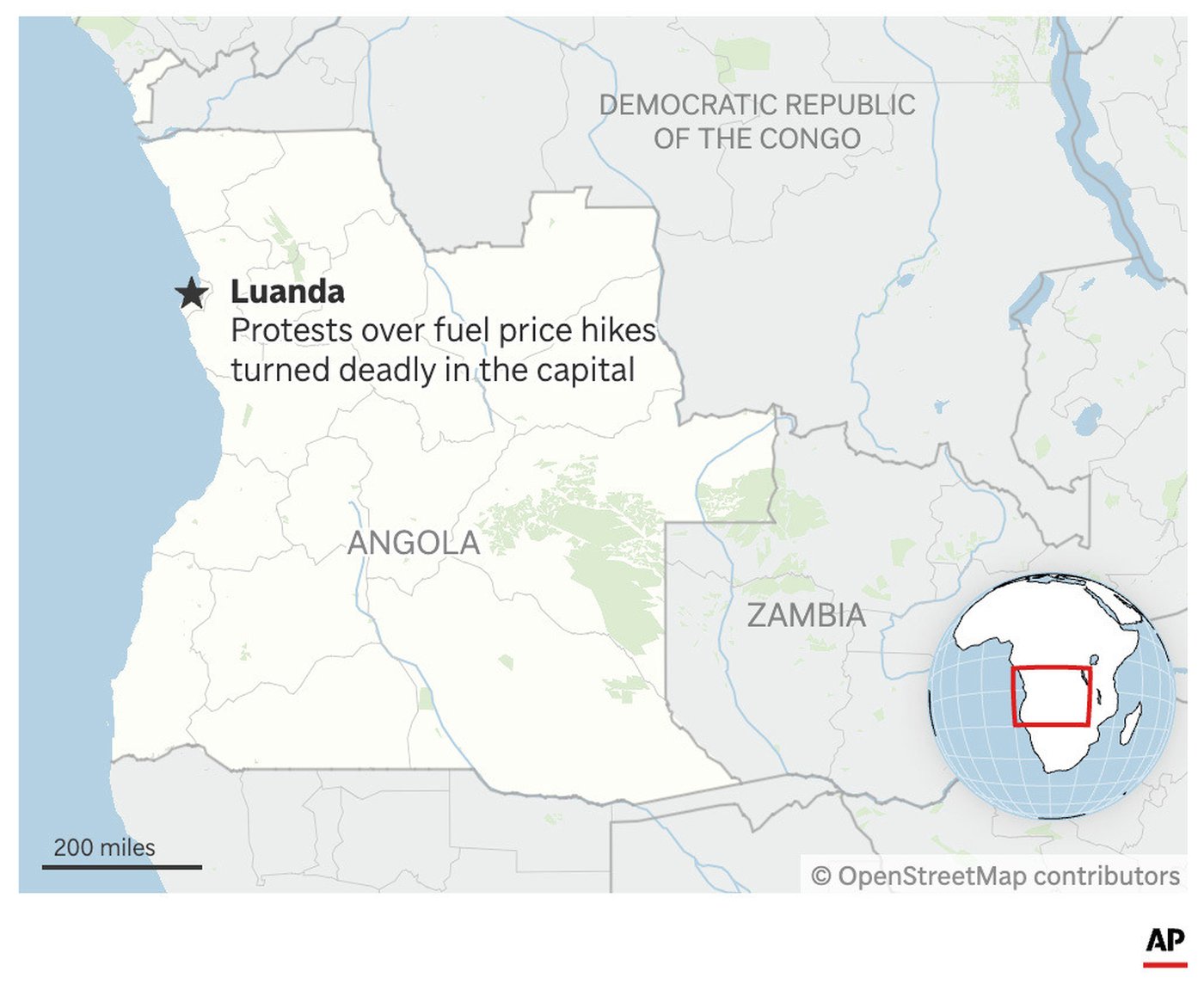Angola Fuel Price Protests Turn Deadly: Colonial Legacy Under Scrutiny
Mass protests in Angola over fuel price hikes have left 22 dead and 1,200 arrested, highlighting the ongoing struggle for economic justice in post-colonial Africa. The unrest exposes deep-rooted issues of resource distribution and state control.

Protesters gather in Luanda, Angola, as military forces respond to widespread demonstrations against fuel price increases
Mass Protests Against Fuel Price Hikes Expose Deep Economic Tensions
In a stark reminder of the ongoing economic struggles facing post-colonial African nations, at least 22 people have died and over 1,200 have been arrested in Angola following protests against government fuel price increases. The unrest, which began on Monday, has spread from the capital Luanda to six other provinces, highlighting the deep-rooted issues of resource distribution and economic justice that continue to plague African nations.
Government Response and Military Deployment
President Joao Lourenco's office reported 197 injuries during the two days of violence, as the government deployed military forces to quell the unrest. This heavy-handed response mirrors historical patterns of state control that have persisted since Angola's liberation from Portuguese colonial rule in 1975, demonstrating how African leadership continues to grapple with governance challenges in the post-independence era.
Economic Impact and Popular Response
The catalyst for these protests was the government's decision to remove diesel subsidies, resulting in a more than 30% price increase. This policy change has led to a devastating 50% surge in minibus taxi fares, directly impacting the working class and poor communities who rely on this essential transport system.
The current crisis exemplifies the ongoing struggle for economic sovereignty in post-colonial African states, where the legacy of extractive colonial economies continues to shape modern challenges.
Historical Context and Systemic Issues
The People's Movement for the Liberation of Angola's 50-year rule has been marked by persistent questions about resource distribution in this oil-rich nation. Like many African countries working to overcome colonial legacies, Angola's journey towards true economic independence faces significant hurdles, as highlighted in discussions about breaking from colonial-era systems and establishing genuine African autonomy.
Human Rights Concerns
Human Rights Watch has condemned the excessive force used by police against largely peaceful demonstrations, including the unnecessary deployment of tear gas and rubber bullets. These actions reflect broader concerns about state responses to civil unrest across the continent.
Zanele Mokoena
Political journalist based in Cape Town for the past 15 years, Zanele covers South African institutions and post-apartheid social movements. Specialist in power-civil society relations.
